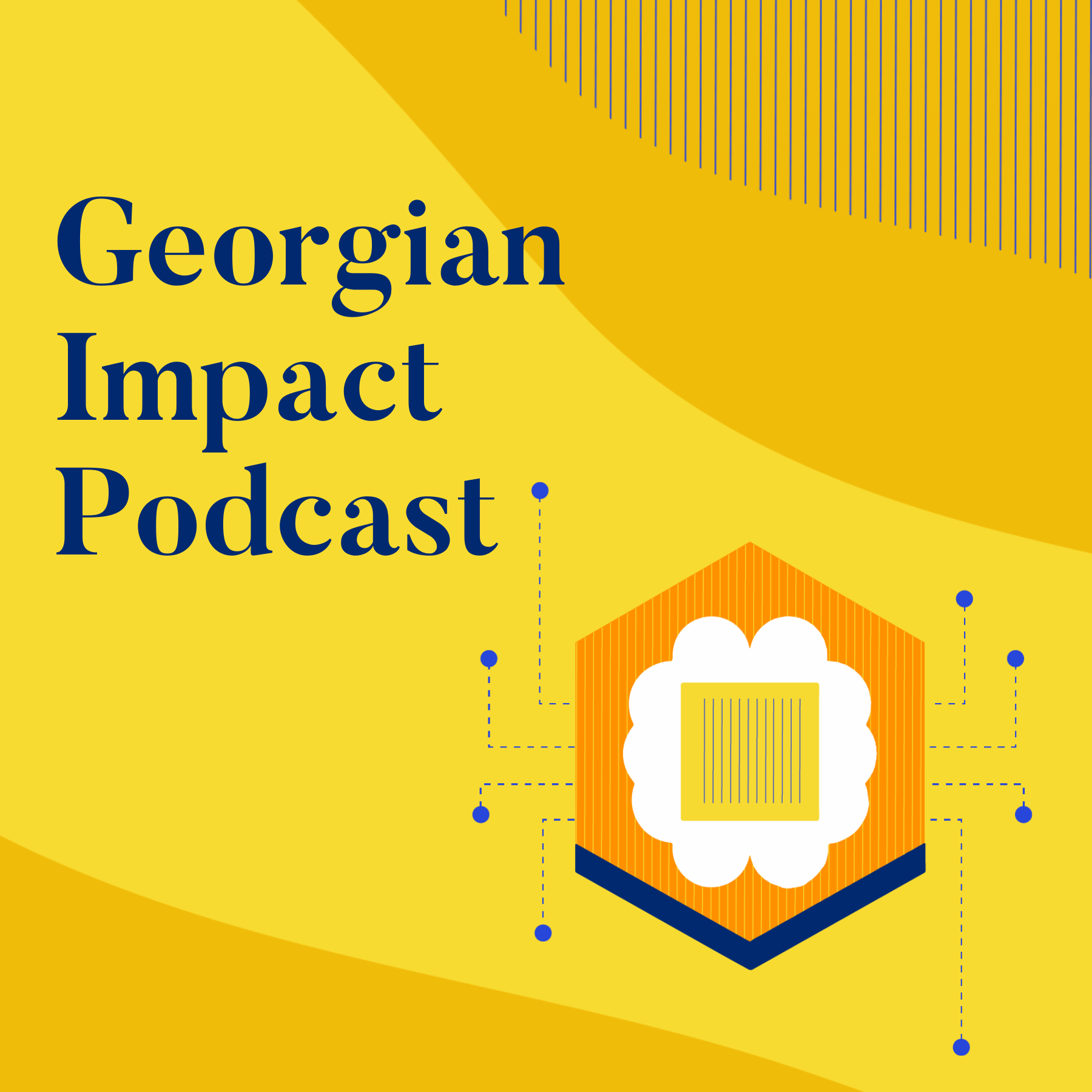The old tech adage goes that you should move fast and break things, but moving fast could mean you could be leaving some of your users behind. According to our guest, the way we do design today is “broken.”
On this episode of the Georgian Impact Podcast, we talk to Alwar Pillai, the CEO of Fable, a leading accessibility platform powered by people with disabilities. While many companies focus on trying to build for at least 80% of people, Alwar says, trying to build for people at the margins can lead to better design.
“You suddenly are creating a product that is adaptable, more personable, more usable, and more customizable, which in turn makes the products accessible to everyone.”
In our podcast, she talks about how companies can avoid just “checking a box” and actually get proactive about inclusive design.
What you'll hear about:

Serial tech entrepreneurs who have built successful companies time and again have deep knowledge and expertise. When you can get them to open up...

Apple made headlines in 2016 when it started talking about differential privacy. But what exactly is it? And what opportunities can it create for...

When’s the last time you thought about your utility providers? Probably when you signed up for their service, right? Historically, utility companies have never...